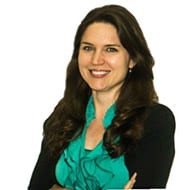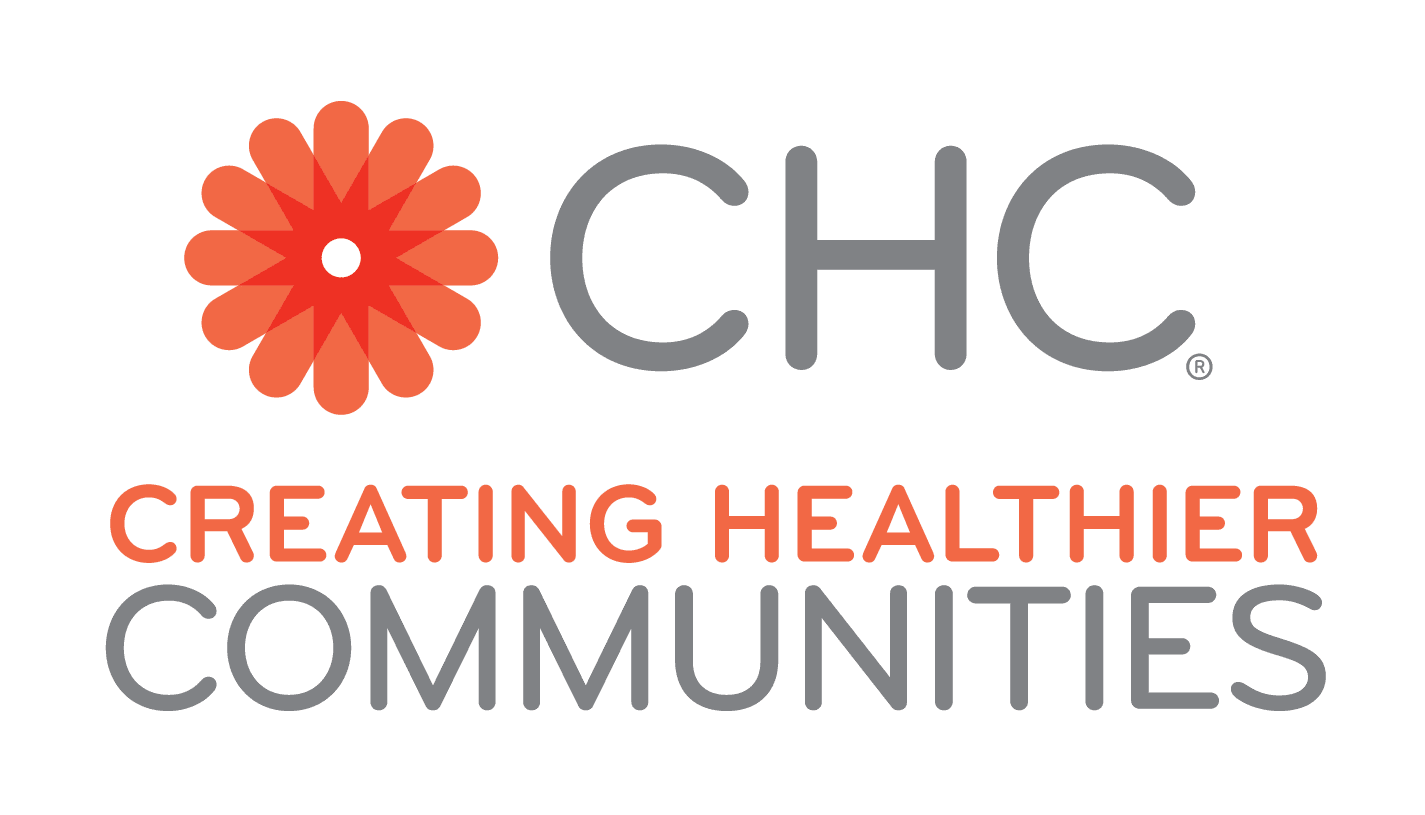By: Amanda Ponzar, Chief Communications & Strategy Officer for Community Health Charities;
How to get a job in corporate social responsibility
-Ah, the elusive corporate social responsibility (CSR) job – getting paid to give away money and make the world a better place, sought-after as a speaker, feted by community leaders. Originally, these prized roles in the company foundation or corporate giving were awarded primarily to long-term company employees. These days, CSR teams are often staffed with a more diverse group, tackling diverse global challenges. Top schools are churning out social impact professionals and nonprofit leaders are moving into CSR as well.
Since I get a lot of requests for help finding roles in CSR/social impact, here are five tactics I recommend:
- Follow CSR leaders, especially those who post jobs — Ellen Weinreb, Dave Stangis, Chris Jarvis, Mark Spears, Katie Kross and Gwyneth Gaul. I post new roles on LinkedIn and Twitter every week, so keep your eyes peeled.
- Network. Go to events where CSR leaders go: the annual Charities@Work Employee Engagement Summit for corporate leaders, the Chamber Foundation’s Corporate Citizenship Conference, 3BL’s Brands Taking Stands, ACCP, BSR, BCCC, and more. Check out Realized Worth’s comprehensive CSR events list.
- Volunteer or work at a nonprofit helping with corporate partnerships, cause marketing, fundraising, events, and more – you’ll meet social impact leaders and you may end up loving nonprofit life and never want to leave.
- Sign up for job alerts or regularly check postings from Reconsidered, BSR, Indeed, LinkedIn, Selfish Giving, plus CSR recruiting firms like Acre and Weinreb Group.
- Take a CSR class. I loved Harvard Business School’s Executive Education on Corporate Social Responsibility, which is now called Creating Shared Value. Others to look into: The Institute for Corporate Social Responsibility with Johns Hopkins, The Center for Social Impact Strategy at University of Pennsylvania, the Executive Program on Social Entrepreneurship at Stanford Business, and more.
But don’t just take my word for it. Here’s what these five influential CSR leaders advise:
“I agree with your conference advice and networking is key. My unconventional advice is in two parts. 1) dive deep into social media — find out who the influencers are and follow them — lots of great information as well as job postings. SustMeme.com publishes a list of Twitter CSR influencers; 2) explore the academic literature and try to connect with writers and thinkers you admire. I would sit in on courses at universities where CSR is taught.” ~ Michael Bzdak, Executive Director, Global Community Impact, Johnson & Johnson and faculty, The Institute for Corporate Social Responsibility
“Going to CSR events and talking with CSR professionals are the top two things I do as well, but I also tell people to first think through the type of CSR work they’d like to do. Identify the types of community, sustainability or social needs that inspire them and research which companies are addressing those topics. As more companies align their CSR efforts around their core business strategies and products, it’s easier than ever to find ones working in specific spaces. Then, either reach out and network with the CSR professionals in that company or try to make a professional move into the company in your current field. Once you’re in a company, it’s easier to make a shift in the type of work you’re doing rather than trying to change fields and change companies simultaneously. Additionally, I always encourage those interested in the CSR field to volunteer in their community or to join donor network groups. Find like-minded people in your community who are also passionate about giving back as they could become your champion within their company as roles open up.” ~ Erin Gollhofer, Global CSR Communications Consultant, Kimberly-Clark Corporation
“There is not one way to break into the field, nor is there a best way. As someone with a nontraditional background (Master’s degree in social work), I have found that building my network has been the most effective way to get into or move within the field. That said, when interviewing for a role earlier in my career, I was explicitly told that I could be viewed as ‘a risk’ by anyone that hires me. With that in mind, I believe a candidate should go into an interview prepared to show how their skills are directly attributable to the job they want. You might not have many chances to break into the field, so make a clear and compelling case about why your skills are not just different, but could make you an asset to any company that is willing to take a ‘risk’ by hiring a nontraditional candidate like you.” ~ Daniel Kamins, Director of Employee Engagement and Volunteerism at MetLife
“I worked in the nonprofit field for over 10 years before moving into CSR. I decided to get my MBA in order to give me a new, deeper understanding on what drives business, as well as expand my network. Getting an advanced degree certainly isn’t required, but for me it gave me a business acumen that I was missing.” ~ Jillian Mershon, Director, Charitable Initiatives and Saks Fifth Avenue Foundation at Saks Fifth Avenue
“Breaking into CSR becomes an exercise of successfully selling others that your nonprofit or public policy background better equips you in performing that job over someone with traditional business acumen. And that’s not to say traditional business acumen is bad, it’s not. But, it’s much easier for someone without that business administration background to learn how a company makes money than it is for someone with a traditional business background to become an expert at serving the community in a specific subject matter. You see, to be a successful CSR practitioner, you don’t need to be business savvy in your company’s industry, but you must be incredibly well read in the critical issues you’re working to solve in the community. All you need to know is the basic understanding of your industry, so you know the limitations you’re working within. So, you have to position yourself as being a better fit for the job you’re seeking. Using myself as an example, I manage a global company’s corporate volunteerism program. So, it’s important that I understand that subject matter first and foremost, and then learn how that exists within the limitations of a company that needs to remain profitable. What I’m not is an expert in hospitality and travel. I’d be under qualified and over my head if I came into my current role as an expert in hotel management or hospitality and then had to learn how to engage and scale volunteerism globally. But it’s convincing others of that that is the trick. It also requires that a company is ready to seek something different, to be open to new ideas. So, there’s also a good deal of shopping for the right opportunity that you can successfully translate your experience to.” ~ Jerome Tennille, Manager of Social Impact & Volunteerism, Marriott International
Remember, finding a CSR job is not just about passion for social causes. It’s about performance. (Check out my interview with Lisa Hamilton, former UPS Foundation President and current CEO of Annie E. Casey Foundation.) It’s about building relationships. Honing and using your skills to solve problems. And yes, social media is an ally, but it also can be an enemy if recruiters and hiring managers think your social media handles are unprofessional.
Lastly, learn and read as much as you can – for starters, try 21st Century Corporate Citizenship: A Practical Guide to Delivering Value to Society and Your Business by Dave Stangis. Then, with the plethora of self-publishing platforms out there, write. Write about the social issues you care about (for a great example, check out Jerome Tennille’s writing).
Hope these tips help you succeed and make an impact wherever you go.

Amanda Ponzar, Chief Communications & Strategy Officer for Community Health Charities
Amanda joined Community Health Charities in August 2016 to raise awareness and resources for health and wellbeing for the largest health federation. In her current role as Chief Communications & Strategy Officer, she elevates the organization’s reputation by executing multi-channel communications strategies, executive communications, PR and media, digital marketing, social media targeting, web, and more.
Amanda also leads large national events such as the annual Charities@Work Employee Engagement Summit, and builds new corporate and strategic partnerships. Amanda is a media spokesperson, quoted in Associated Press, MSN, NBC News, Reader’s Digest, INC, Fast Company, Washington Post, Forbes, New York Post, MarketWatch, U.S. News and World Report, Working Mother Magazine, Prevention, Parents, The Hill, Yahoo! Glamour, Total Beauty, EcoSalon, DailyWorth, CareerBuilder, Upworthy, Toronto Star, and more.






